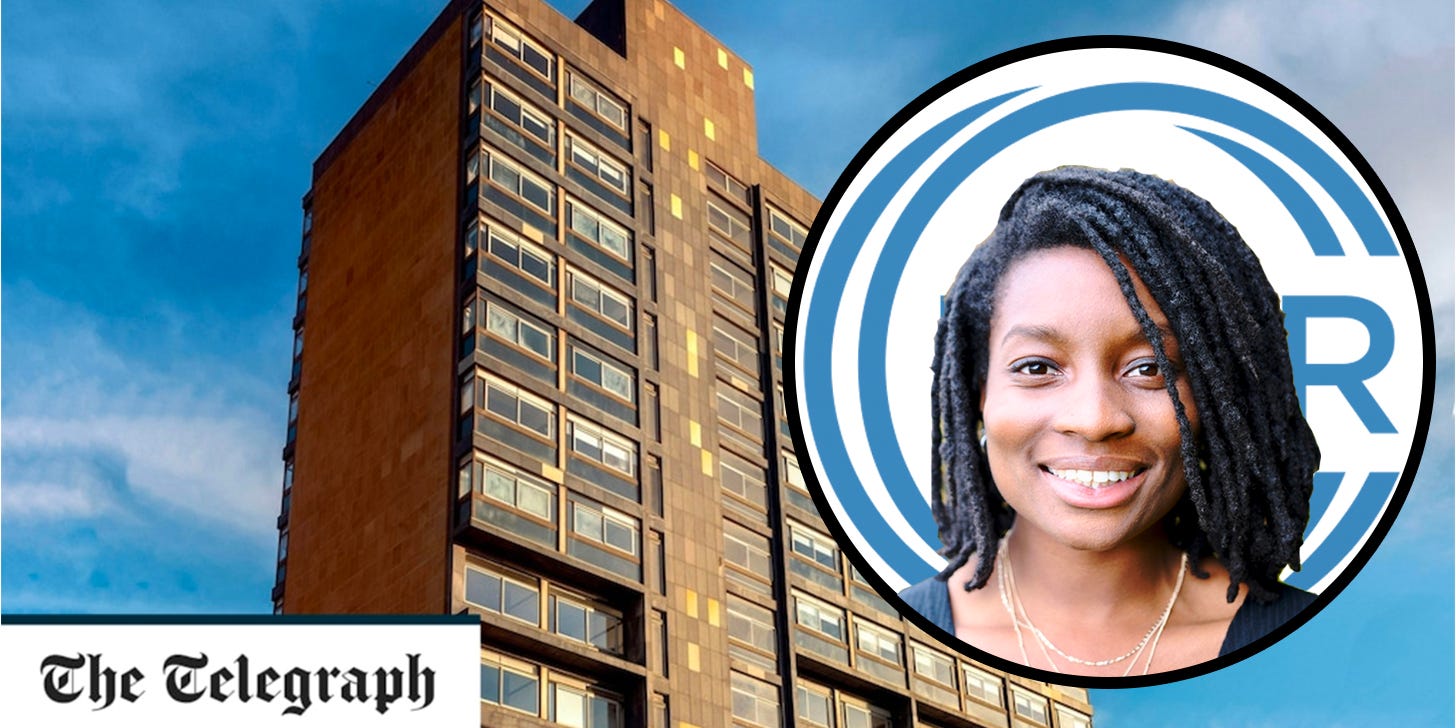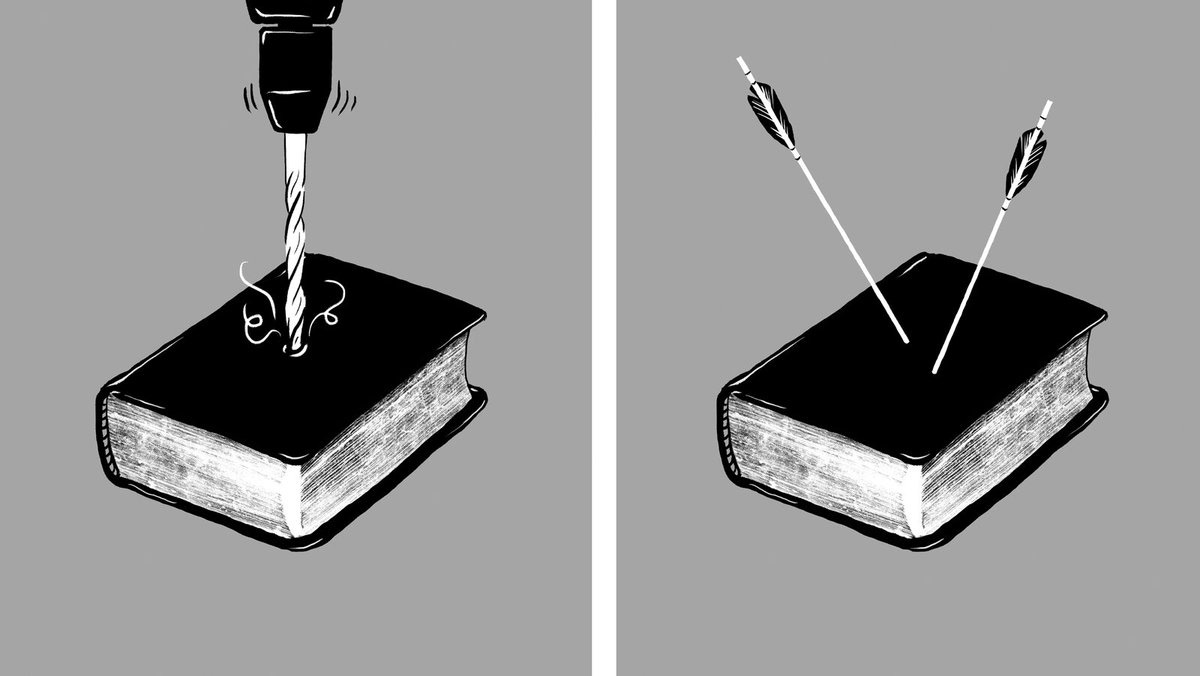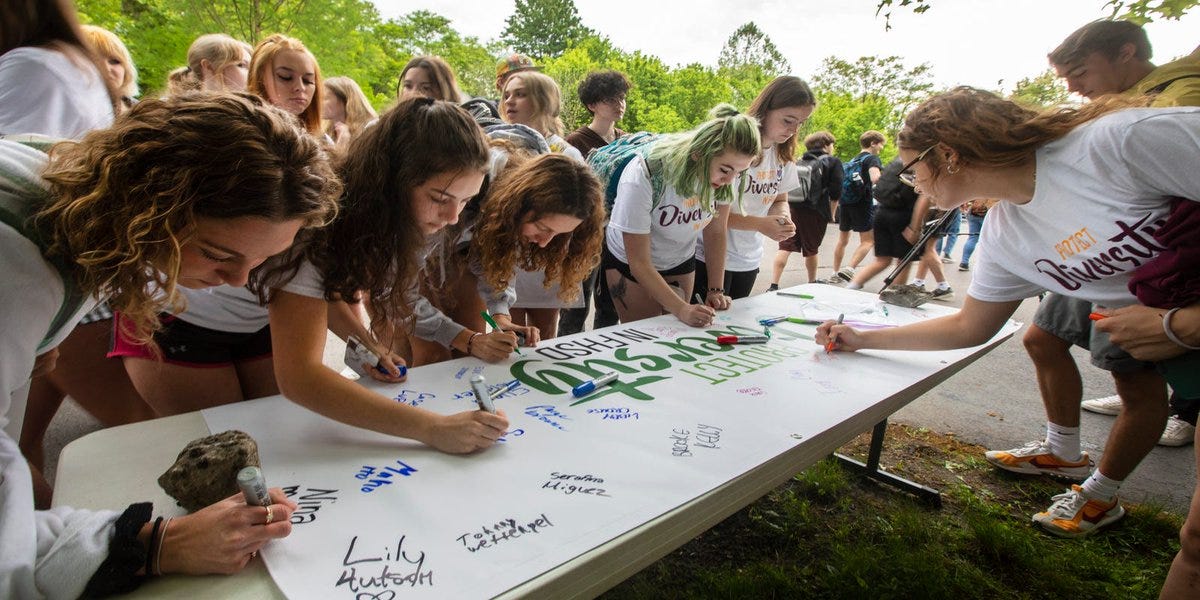The abortion debate is missing something crucial: mercy
This week on our Substack, Melissa Knox shares her perspective on the recent Supreme Court ruling on Roe v. Wade by Justice Alito, noting that on all sides of the debate, more mercy for the other is warranted. She also points out that it is often those we don’t see or hear from that are most affected by these decisions.
It is these women, those who are not living but existing from day to day—beleaguered by poverty, ignorance, and drug abuse—who suffer the most. So often, undesired children themselves, born to teenage mothers too exhausted by life to raise them, fall into familiar patterns. These are the women who aren’t shouting out their abortions, but hoping to survive somehow. The women who are often heard—educated women with an income—can usually find some way to have an abortion whether it’s legal or not. It’s a luxury to have the ability to take off work to make signs and hold them up during a rally. Other women—the ones who can’t speak for themselves, who can’t afford paint for their posters, or car fare, or babysitting money, who can’t attend the rally, will be destroyed.
The Dobbs ruling on abortion didn't take rights away; it gave them back
Also on our Substack, Jefferson Shupe writes that the recent Supreme Court decision “didn’t seize control over the abortion issue. Quite the opposite, actually. They gave it up.” He also notes that while many are feeling disempowered over the ruling, “state control over abortion allows us to better coexist.”
I know that some readers do not feel empowered right now, as their state might have a trigger law that gives them less latitude on this issue than they had before. But let’s separate these things for a moment. The Dobbs ruling is not an abortion ban. In fact, from what I can find, it doesn’t even frown upon the practice. This was the justices handing us the keys with an apology note: “Found this in a drawer, belongs to you. Sorry for keeping it so long.”
This should be good news to both sides. For one, state control over abortion allows us to better coexist. That unity that I spoke of? We don’t need to be united on this.
A letter from the Editor, Angel Eduardo
Finally, for our Substack, FAIR Advisor, FAIR in the Arts Fellow, and FAIR’s Director of Messaging & Editorial Angel Eduardo shares an introduction to subscribers and outlines his vision for FAIR’s publication platform as “a forum for diverse perspectives on a variety of issues—including difficult and contentious ones. It’s an opportunity for us to show ourselves, each other, and the world a better method of engagement.”
We highly encourage all of you to send pieces to us at submissions@fairforall.org, even if you’re a first-time writer. My role as an editor is to help you state your case in as well-reasoned, compassionate, and FAIR-minded a way as we can, together. My team and I will not always do this perfectly, but I promise you that our efforts will always be an attempt to promote a common culture based on fairness, understanding, and humanity.
It’s time academics realised they can't give in to blackmail
For the The Telegraph, FAIR Advisor Inaya Folarin Iman writes that “public institutions must understand that there are consequences for caving in to cancel culture - that there are fundamental moral, as well as, yes, financial implications to censorship and historical vandalism.”
The phrase “go woke, go broke” refers to consumers protesting at a business’ wokery by withholding their cash, in the hope that reduced income will spook a company into doing what it was originally meant to do: provide goods and services and create jobs. There is something strangely democratic about it.
But when it comes to public institutions, such as universities (which have become increasingly confused about their moral purpose), they can still rely on cash from the public purse – hence they have had no problem appealing to vanishingly small minoritarian interests, to the detriment of the majority.
A Media-Fueled Social Panic Over Unmarked Graves
For Quillette, FAIR Advisor Jonathan Kay describes a story regarding unmarked graves in Canada, which broke after “the existence of ground-penetrating radar (GPR) data that indicated regularly spaced subterranean soil disturbances on the grounds of a former Indigenous Residential School.” However, Kay notes that the GPR data “didn’t necessarily indicate the presence of graves” and that the subsequent “nation-wide social panic” was unnecessary.
It’s now been 14 months since the original announcement was made about presumed graves in Kamloops, and no physical evidence has been unearthed. No graves. No corpses. No human remains. In fact, as far as I can tell, there doesn’t even seem to be any systematic effort by police or First Nations leaders to commence such investigations. Eventually, it began to strike the general public that this was a very odd way to treat a mass murder scene, even as pundits and politicians refused to change their early, apocalyptic tone.
A Bad Sign for the Future of Higher Education
For Psychology Today, FAIR Advisor Pamela Paresky writes that “psychological well-being requires recognizing the difference between discomfort and harm.” Paresky notes the case of Ilya Shapiro, who was the subject of controversy after tweeting “criticism of President Biden for announcing that only black women would be considered for the Supreme Court,” and the ways the reaction to Shapiro’s statements doesn’t bode well for academia.
Not only are Georgetown’s actions troubling indicators of the state of campus free speech and the future of higher education more broadly, they entrench its campus ideological monoculture, increase interpersonal distrust, and reduce the already limited ability of those on campus to differentiate between unpopular opinions and actual harm. None of this bodes well for developing persuasive counterarguments or for mental health on campus.
An Open Letter to the American Academy of Pediatrics
On July 18th, Genspect, an international and non-partisan organization which represents thousands of parents of gender dysphoric children, adolescents, and young adults, as well as trans people, detransitioners, clinicians, and allied groups, released a letter to the American Academy of Pediatrics. The letter outlined Genspect’s concerns that “the AAP is currently representing only one set of views on how best to help our children thrive.”
We now have several independent systematic reviews of evidence that show that the benefits of these treatments are far from certain. However, the evidence of risks—such as harms to bones and the cardiovascular system, effects on the brain and other organs, sexual difficulties, and a future inability to have kids—are mounting, as evidenced by a growing number of studies. Several countries have now acted on this new information, including Sweden, where “it has been decided that hormonal treatments (i.e., puberty blocking and cross-sex hormones) will not be initiated in gender dysphoric patients under the age of 16.
There’s More Than One Way to Ban a Book
For The New York Times, Pamela Paul writes that while “the American publishing industry has long prided itself on publishing ideas and narratives that are worthy of our engagement, even if some people might consider them unsavory or dangerous, and for standing its ground on freedom of expression…that ground is getting shaky.”
Though the publishing industry would never condone book banning, a subtler form of repression is taking place in the literary world, restricting intellectual and artistic expression from behind closed doors, and often defending these restrictions with thoughtful-sounding rationales. As many top editors and publishing executives admit off the record, a real strain of self-censorship has emerged that many otherwise liberal-minded editors, agents and authors feel compelled to take part in.
For Cincinatti.com, FAIR network attorney Rachel Citak writes about her experiences with racism growing up and in law school, and that while those experiences “could all be sourced to microaggressions, racism and white supremacy… it may be surprising to know that all of those experiences occurred among members of my own race.” Citak argues that “‘anti-racism’ does not aim to use history to empower or inspire—it twists historical perspective in order to suit an ideological position.”
Let me be clear: I am proud to be Black, and my Blackness is not defined by anyone’s insults or labels. I have never denied that racism exists – I experienced it firsthand as just a handful of Black students in my graduating class at Turpin High School. I am adamant, however, that intraracial and interracial hate can never be solved by "anti-racist" methods. Especially not in the classroom.
"Cultural Sensitivity" and so-called "anti-racism" training won’t fix students who are ignorant to any exposure to Black people besides what they see on television. It won’t heal the envy and strife that springs from the sharp socioeconomic divide at home in our township. It won’t increase tolerance or dissolve division.
For audio versions of our FAIR News and FAIR Weekly Roundup newsletters, subscribe and listen to FAIR News Weekly on Apple Podcasts, Spotify, Google Podcasts, or via RSS feed.
Join the FAIR Community
Become a FAIR volunteer or to join a FAIR chapter.
Join a Welcome to FAIR Zoom information session to learn more about our mission, or watch a previously recorded session in the Members section of www.fairforall.org.
Take the Pro-Human Pledge and help promote a common culture based on fairness, understanding, and humanity.
Join the FAIR community to connect and share information with other members.
Share your reviews and incident reports on our FAIR Transparency website.














